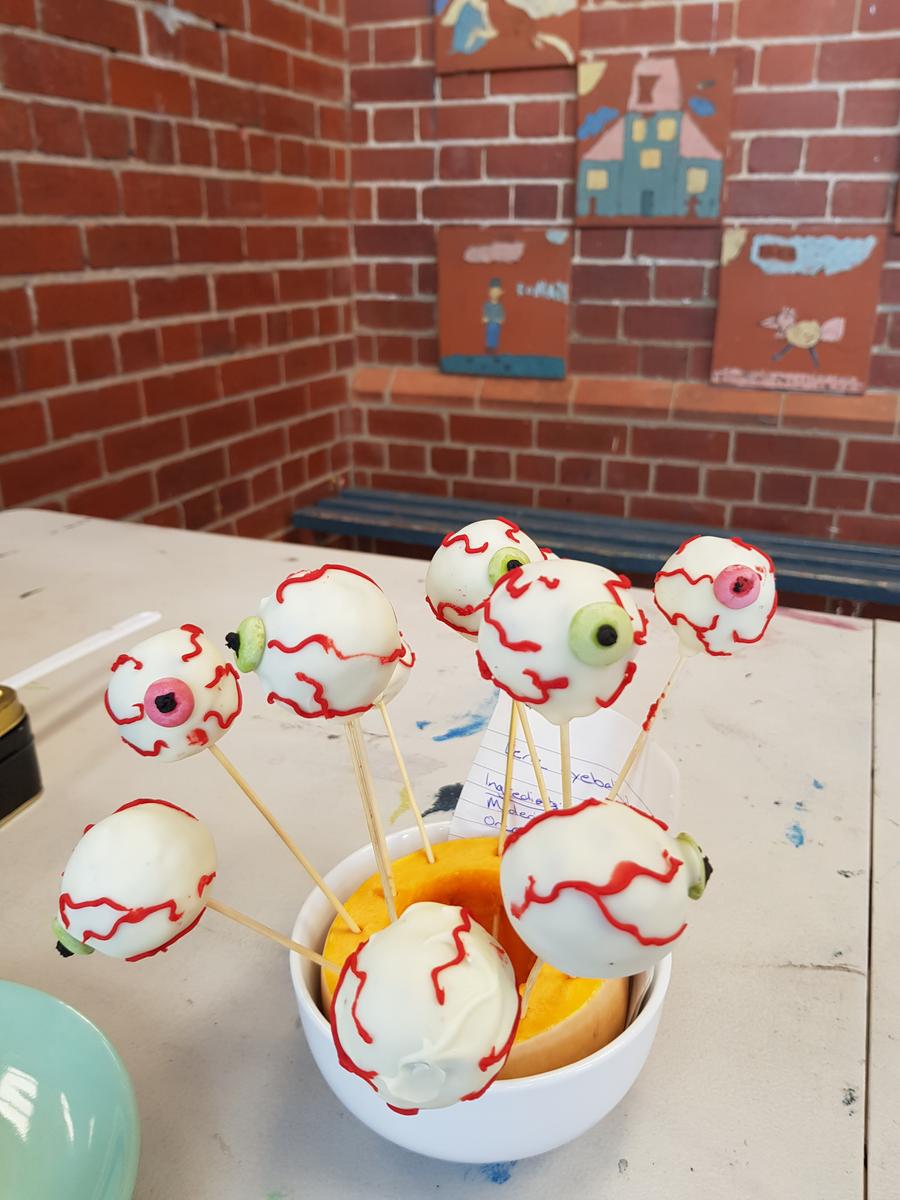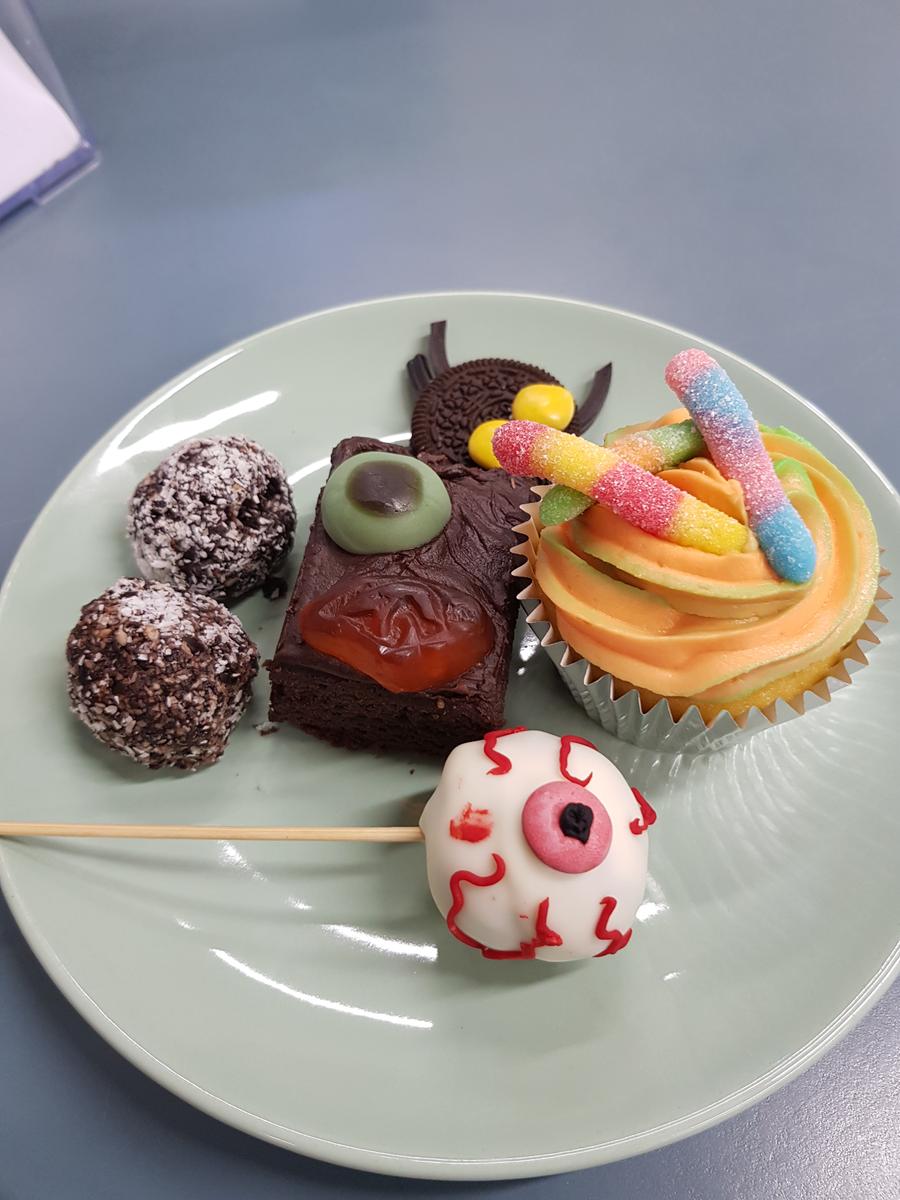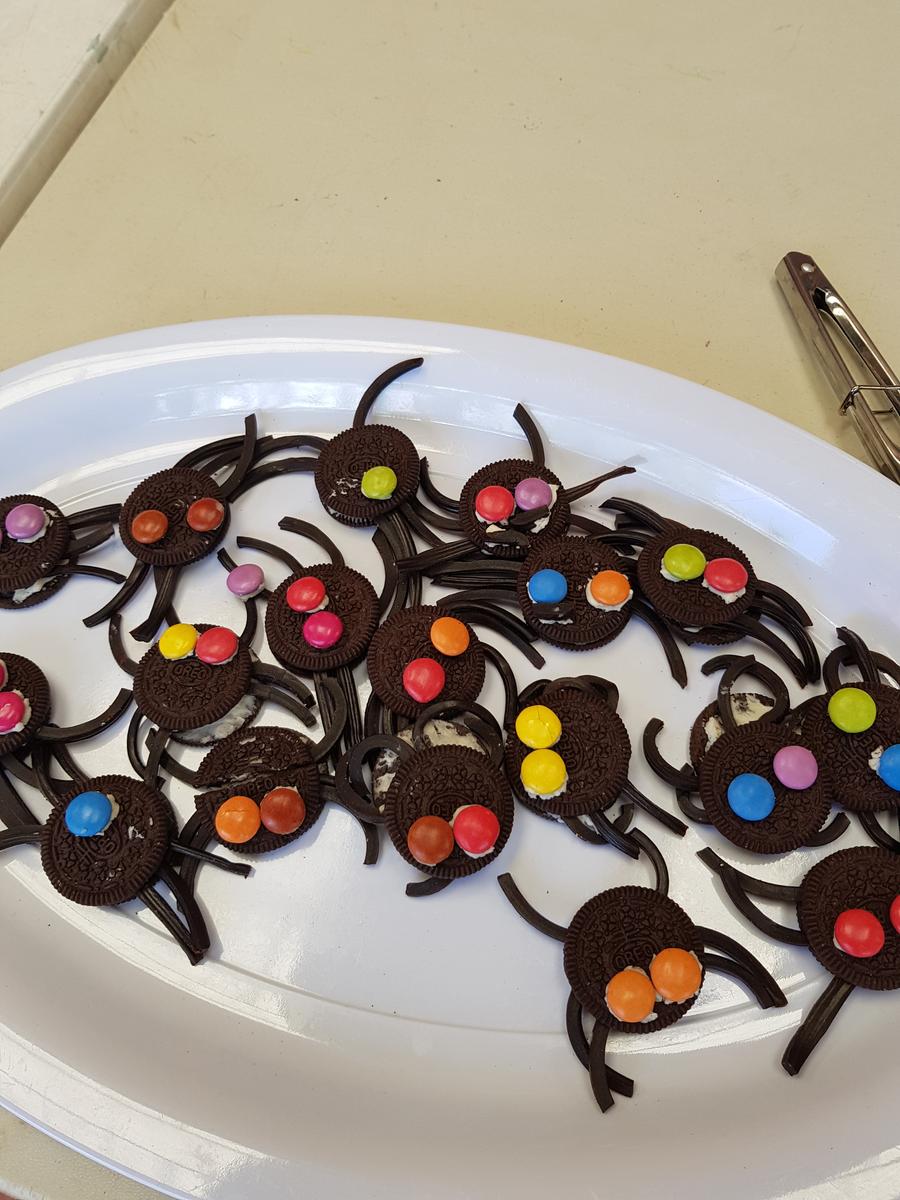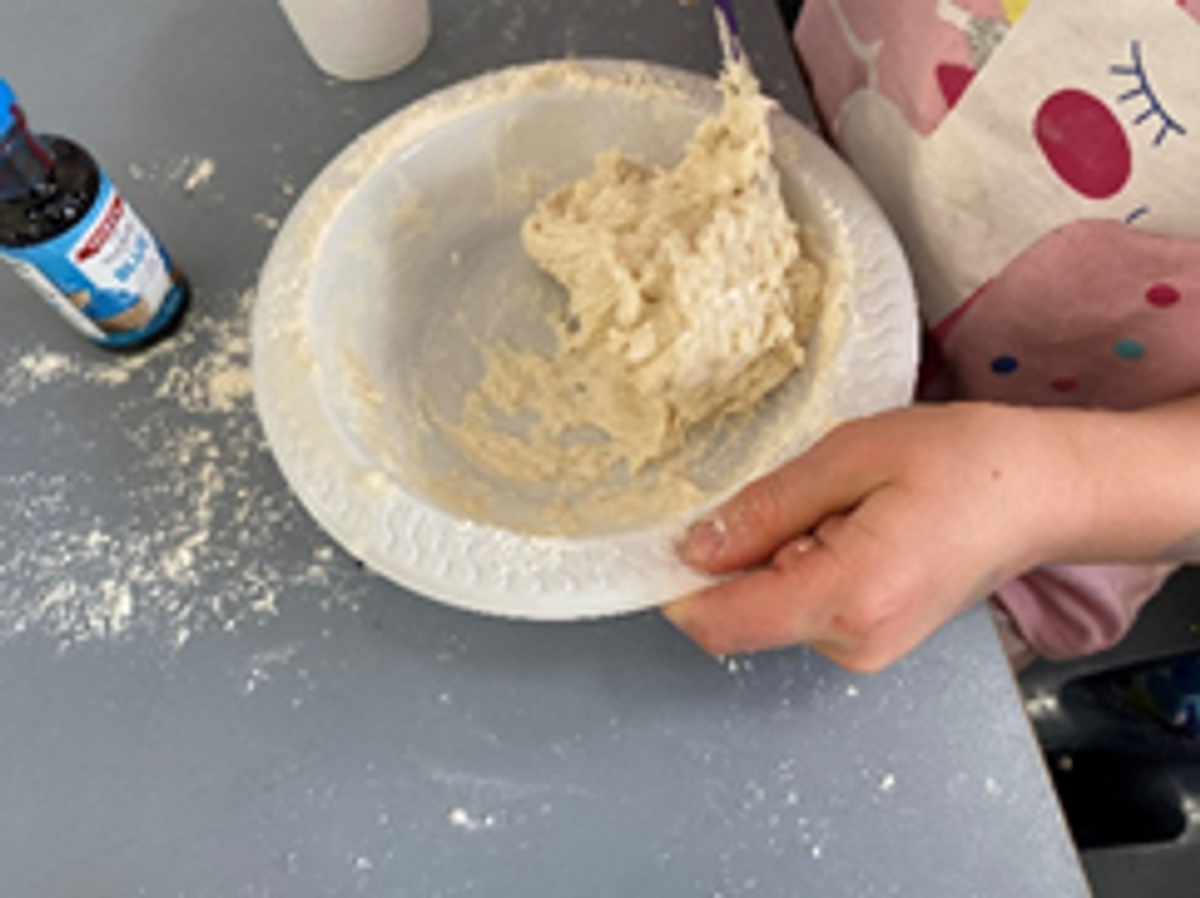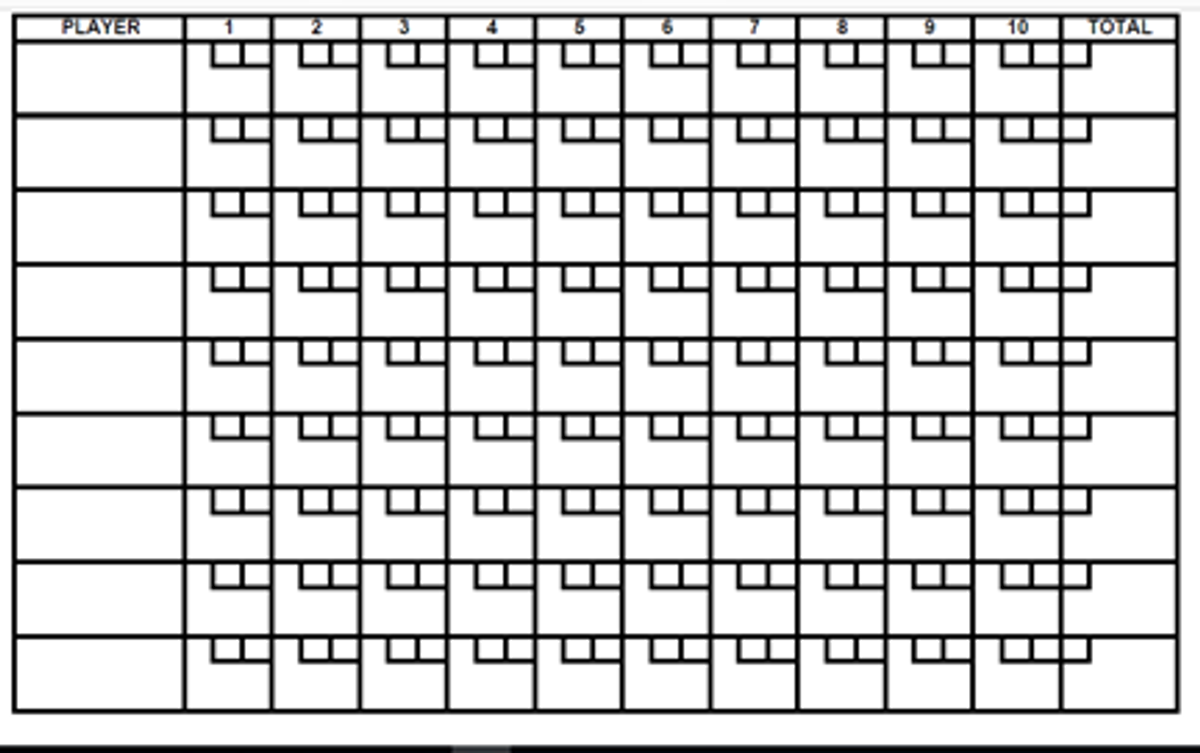school life
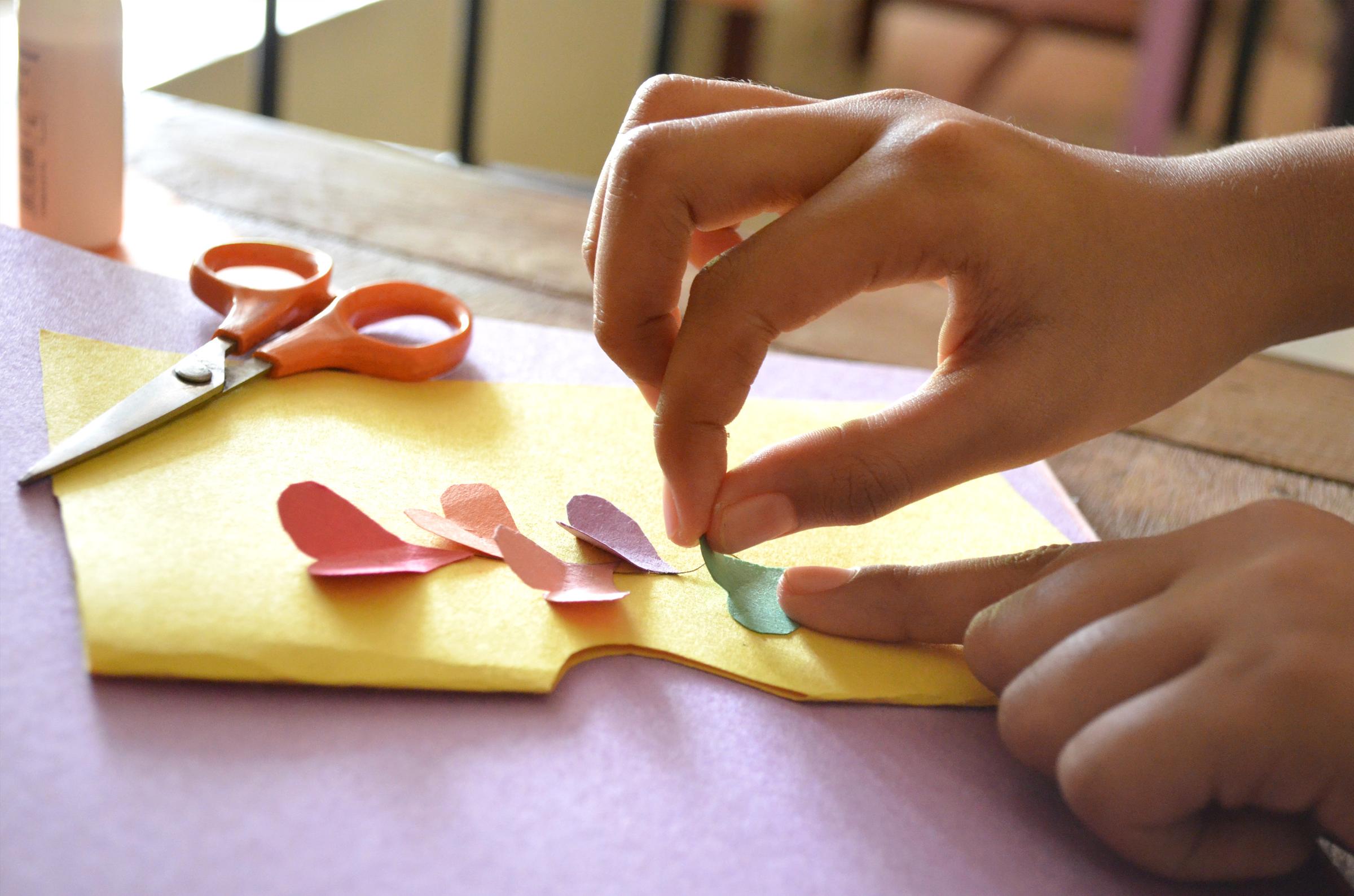
sustainability
Over the past 12 months, we have seen several exciting additions to the BNWPS Sustainability and Environmental program. The implementation of a permanent sustainability Education Specialist, the development of the school’s first Sustainability Curriculum Action Team, student-led Environmental Patrol, Parent Gardening group as well as establishing our ever-growing productive garden; each of these programs are inspiring our learners daily through our Gardening/STEM Programs and beyond.
In building upon this incredible work, we would now like to extend in an invitation to the broader community as we work towards developing our first BNW Parent Sustainability Group (Fancier name, currently under advisement).
As we work hard in realising our goal of making BNW a 5 star Resource Smart School, and grow our potential in becoming a leader in what best practice looks like for environmental education, we feel that a partnership is the next step. A partnership between the parents, students and community will ensure that we have further opportunity to develop our student in the understanding and appreciation of a sustainable future, the natural environment and world around them.
The Parent Sustainability Group will have opportunities to work in conjunction with the Sustainability Curriculum Action Team:
- Contribute Environmental updates and goals to the BNW Newsletter
- Develop and implement parent to parent education programs
- Community cooking sessions using fresh and affordable produce
- Create healthy and sustainable meals and lunch boxes
- Support BNW in becoming a 100% Nude Food school
- Assist in the development of sustainability policy and grant submissions.
For further information or expressions of interest, please contact Bell Martys or Ian Adams via the Office or Sentral.
grade 6 treat stall - halloween addition
The grade 6's did a fabulous job on Thursday selling all of their creepy but delicious Halloween treats. A total of $470 was raised. Well done!
maths
I was wondering what to write in this week’s newsletter. As I was pondering, I was thinking about the Grade 1 campfire and the treasure hunt. I made some maths puzzles and hid them around Yakai Barring, excited for the kids to find them! When I told the kids we were having a maths treasure hunt I half expected a groan but instead I was met with a cheer. It made me think about all the different kinds of maths we do at BNWPS and how diverse the learning is. So I thought I’d let you know about all the awesome type of lessons we have that aren’t the typical “maths lessons”.
In Foundation, students are doing lots of game based learning. I was lucky enough to attend the Foundie planning session where all teachers brought 3 games to share with the team. They then played the game and decided what they wanted to play over the next 2 weeks. There are lots of counting, place value, addition and subtraction games that encourage students to use a range of strategies. The Foundies are also concentrating on asking students about what the lesson was about so they are checking that students are not only having fun but are also pulling out the mathematical concepts. Here is an example of a game that the Foundation students are playing: Sitting in a circle students take 2 cards each, they look at their cards and subtract the smaller number from the bigger number. Once they have figured out what they have left everyone yells out their number, at the same time. The student with the highest number wins and keeps all of the cards from that round.
In the Junior school we are using lots of open ended tasks. We are encouraging students to extend themselves and to use lots of strategies to solve a problem. It is important that students know that the teacher isn’t the only person they can ask to help and that there are lots of other children who can explain the task for them; ultimately building on some of their learning resilience. We also try and make our lessons based around real life, for example I love telling the kids that Elkie (my whippet) has eaten some of my work so they need to help me think of what numbers I had written!) This real life context makes it much more engaging to students. This week we are looking at fractions and time and one of our time questions was: I know two people who have a birthday before yours and two people how have a birthday after yours.
The Middle school, they are doing something really cool that I am trying to incorporate into the Junior school. Maths investigations! There are some topics that are in the curriculum that can border on the dry side, but through investigations, they come alive! In one class there was lots of investigations around capacity and volume. Students were encouraged to look at capacity and volume using containers and unifix cubes as informal units of measurement. They were given different tasks to do and were asked to rotate around and solve each problem. One of the teachers said that after the session her students were able to articulate the difference between volume and capacity which is a win! I am excited to hear about more maths investigations from the middle school. Ps) here is an example of maths investigations in the Junior school!
In the Senior school, they are trailing the menu approach. This was something we learnt from a session with Charles Lovitt where students choose the activity they do and by the end of a few weeks they would have completed a few different games or tasks. They are completing activities like BODMAS bowling, which I’ve copied and added to the end of this article. In the Senior school, it is all about building up independence and thinking outside the box in terms of strategies that can be used.
As you can see there are heaps of different approaches to maths with lots of different types of activities to teach a wide variety of skills. Maths is for life so the more we can instil a love of numeracy into the students the better! Don’t forget to ask your child what they did today in maths and get the conversation flowing.
Also, there is only one more week to fill in our google form to attend our parent afternoon about extending students. It will be happening on Wednesday 13th November in week 6
Have a great longggggggggg weekend!
Jessie and Alice
Here is an example of BODMAS bowling:
BODMAS BOWLING Rules:
Let’s go 10 Pin Bowling!!
The idea of the game (just like ten pin bowling) is to knock over as many pins as possible with each turn. But on paper? How?
So you will need a dice. You roll the dice four times and record your numbers. You must manipulate those numbers using BODMAS strategies to make the number 10 and score a STRIKE.
For example:
I roll – 2, 3, 5, 3 (what BODMAS strategies can I use to make 10?)
5+3+2=10 STRIKE or (5x3)-(3+2)=10 STRIKE
However, if you can’t make 10 with your numbers, you must make a number below ten that will then replicate the number of pins you knock over. Then, you roll the dice four more times and manipulate the new set of numbers to knock over the remaining pins standing after your first attempt.
For example:
I roll – 1, 6, 1, 1 (what BODMAS strategies can I use?)
1+1+1+6=9
Therefore I need to roll again and must use the new set of numbers to make a 1 so it all adds to ten and I score a SPARE:
I roll – 4, 2, 5, 1
(4+2)÷1-5= 1 SPARE
SO in total for my turn I made ten with the allocated two bowls I have and I make a SPARE.
Play until you have finished an entire round of 10 pin bowling – the largest score at the end wins!

